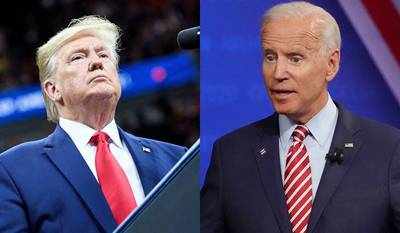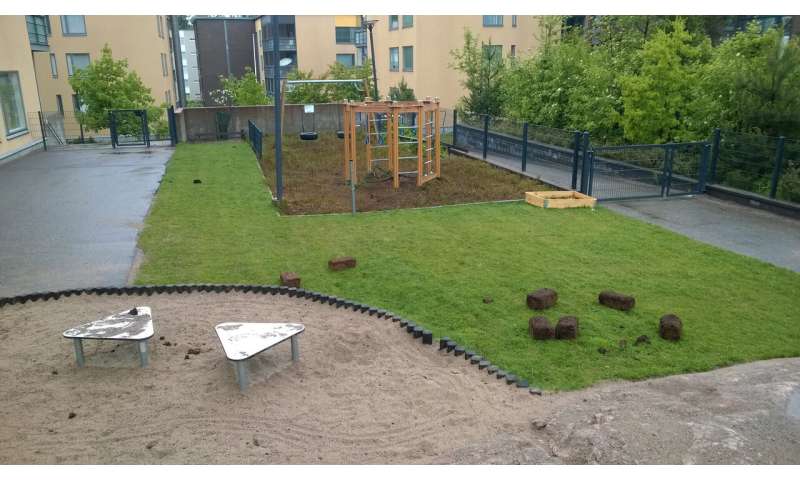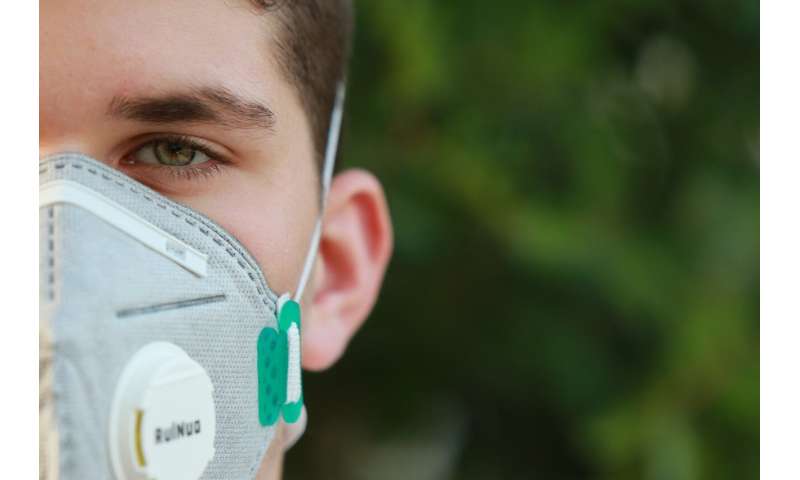The Israeli-Palestinian conflict has lost its centrality in the eyes of the Palestinians as well as regional and international players, says a Ramallah-based expert, attributing the change in attitude to the rift between Fatah and Hamas and a number of global developments.
Only a month ago, the Palestinian issue was grabbing headlines around the world, triggered by Israel's plan to extend its sovereignty over parts of the West Bank.
But as the initiative has been put on the back burner (for the time being), the Israeli-Palestinian conflict has lost its centrality, making room for other local and regional issues.
In the past, this wasn't the case. For nearly a century, the Israeli-Palestinian conflict has been at the forefront of discourse on the Middle East, with politicians and experts linking regional stability to the resolution of the decades-long saga.
Each Arab state emphasised the centrality of the conflict for its own political reasons. Jordan, for example, with its vast Palestinian population, has always positioned itself as the defender of their cause. Syria, under former President Hafez Assad, viewed the entire area as part of Greater Syria, while Egypt, which considers itself the "mother of [the Arab - ed.] world" and wants to unite the region under its leadership, has also placed the Israeli-Palestinian conflict at the top of its agenda.
So did the international community. From 1945 to 2016 the United Nations passed 80 resolutions on Israel and in 2019 the international body made 18 declarations against the Jewish state, more than twice the number directed at other countries.
Yet, Nidal Foqaha, Director General of the Palestinian Peace Coalition-Geneva Initiative in Ramallah, says both interest in and the "centrality of the Palestinian cause" has dropped significantly over the last few years and although the change cannot be attributed to a certain date, he does point to a number of regional and international factors that contributed to the shift.
Local Upheavals?
The first factor was the stalled peace process that collapsed in the early 2000s, when then-Prime Minister Ehud Barak could not come to terms with Palestinian leader Yasser Arafat primarily on the issue of Jerusalem, borders, and the status of refugees.
Then there was another upheaval. The death of Arafat in 2004 which left the Palestinians without a strong leader. Two years later Palestinians went to the polls and Hamas, a group that embraced a more aggressive approach towards Israel and slammed the ruling elite of Fatah for its peace talks with the Jewish state, won, gaining 74 out of 123 seats.
That victory bolstered Hamas’ position and one year later it ousted the Fatah officials who previously controlled both the West Bank and the Gaza Strip, establishing full control over the area and causing friction with the Palestinian Authority, a conflict from which the two factions haven't been able to recover.
"That split has had a bad impact on our national project. We promised our people an independent state but so far we've failed to keep that word, and that gap between the leadership and ordinary citizens ended up hurting our credibility in the eyes of the Palestinian people".
Foqaha's words are backed up by numbers. In 2016, a public opinion poll found that 64 percent of Palestinians were unhappy with the conduct of the current PA President Mahmoud Abbas, who at times is held responsible for exerting little effort in bridging the gap between Fatah and Hamas.
And in 2019, another survey found that he stood no chance against such leaders as the imprisoned Marwan Barghouti, who is serving a life sentence for carrying out terror attacks against Israelis, or the chief of Hamas Ismail Haniyeh, both of whom enjoy public popularity.
They Don't Really Care About Us?
The Fatah-Hamas split caused by the ouster of the PA from the Strip has also led to another dire repercussion, namely the stance of the Palestinians in the eyes of the international community.
"It weakened our leverage on the global arena, prevented us from forming a unified front, and that inevitably affected the way the world looks at us".
Although in 2020, the European Union has allocated more than $20 million to the Palestinians, there have also been reports suggesting that several states considered reviewing their assistance to the PA, meaning a cut in cash flow.
A similar challenge has also been posed by the Americans under the Trump administration who in 2019 stopped all assistance to the PA, citing its involvement in terror, and by several Arab donors that steered their attention away from the Israeli-Palestinian conflict following the eruption of the Arab Spring in 2011.
"We are now facing a new reality. The Europeans are busy with the refugees they have absorbed and the economic crisis, regional stakeholders are now looking into their own interests, whereas in Washington, we face quite a biased administration that prevents us from getting any help".
Nevertheless, Foqaha says the Palestinians will not give up on their struggle but the key to success, he believes, lies in unity, not in division.
"We need to move towards a genuine political partnership that brings together all factions under one umbrella. Even if we disagree on the future tools that will be used to achieve that unity. Only then will we be able to restore the image of the Palestinian Liberation Organisation in the eyes of our people and then the world".
The views and opinions expressed in the article do not necessarily reflect those of Sputnik.













